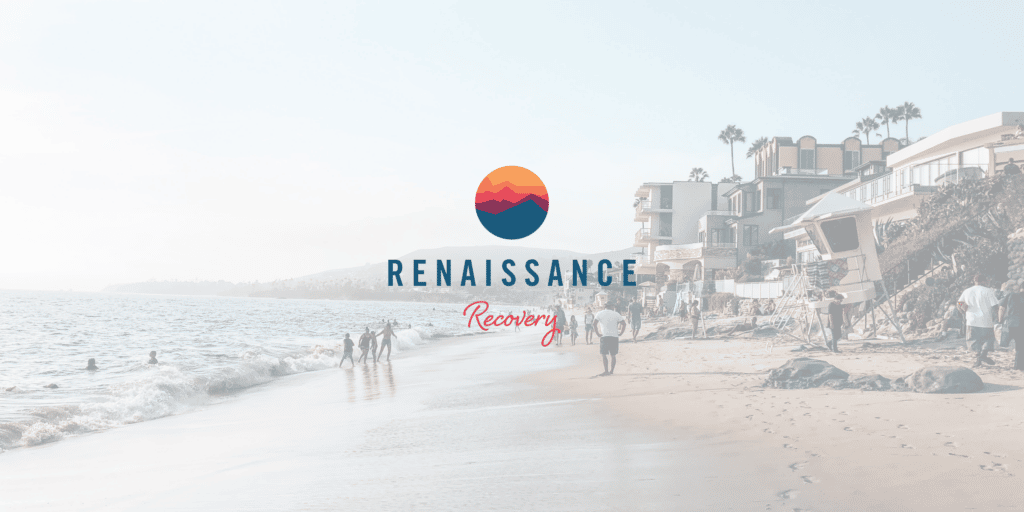Narcissism is a personality disorder while substance use disorder is a chronic brain condition, with narcissism and addiction sharing many common traits.
There are two different types of narcissism, both of which can be associated with addictive behaviors. Those suffering from narcissism are more susceptible to developing alcohol use disorder (alcoholism), substance use disorder (drug addiction), and other forms of behavioral addictions – internet use and sex addiction, for instance.
Need help getting addiction treatment?
What is Narcissism?
According to APA (American Psychiatric Association), narcissism is a personality disorder characterized by a pattern of behavior that involves an absence of empathy for others combined with a pressing need for ongoing and excessive validation from others.
Like all cluster B personality disorders, NPD (narcissistic personality disorder) involves volatile emotional states and erratic behaviors.
Many people with NPD have an inflated sense of self-worth together with powerful feelings of entitlement.
Common characteristics of individuals diagnosed with narcissistic personality disorder include:
- Pretentiousness
- Boastfulness
- Emotional distance
- Jealousy
- Devaluing other people
- Manipulation
- Problematic and maladaptive behaviors
The two main types of narcissism are:
- Grandiose narcissism: People diagnosed with grandiose narcissism typically have elevated levels of self-esteem. They frequently overestimate their capabilities and often behave in a dominant manner.
- Vulnerable narcissism: Those with vulnerable narcissism may often appear defensive, hypersensitive, or avoidant, as well as frequent outbursts of rage.
Like all personality disorders and mental health conditions, NPD is diagnosed based on the number of criteria present from those listed in DSM-5-TR, the most recent update of Diagnostic and Statistical Manual of Mental Disorders. There is no diagnostic distinction made between the two types of narcissistic personality disorder.
People with narcissism need others to continuously affirm their value and importance. Unfortunately, when affirmation is given, the person will often demonstrate arrogance and entitlement when they experience grandiosity – an inflated sense of self-worth.
Addiction and narcissism may have many commonalities, but are addicts narcissistic?

Are Addicts Narcissists?
Many people with narcissistic personality disorder share character traits with those suffering from alcoholism or drug addiction. The most common traits are:
- Total lack of empathy
- Risk-taking behaviors
Those with NPD are also more likely to develop abusive and impulsive behaviors when they use addictive substances. While researchers believe that around half of your risk profile for addiction is genetic, there are also environmental, social, and emotional factors at play.
Not everyone with an addiction will show signs of narcissistic personality disorder. Conversely, not everyone diagnosed with NPD will subsequently develop substance use disorder.
That said, there is a strong association between substance use disorders and both types of narcissism. This 2019 review examines the interrelated nature of addiction and narcissism. The authors conclude that self-esteem is a central component of the problematic relationship between substance use disorder and narcissistic personality disorder.
When low self-esteem and high self-esteem fluctuate, this can often trigger the use of addictive substances in those with NPD as a means of validation.
The study authors also point to the implication of grandiose narcissism in the following forms of addictive behavior:
- Social media use
- Compulsive shopping
- Gambling
- Working
- Smartphone use
Another study of young adults suffering from vulnerable narcissism shows that NPD can bring on intense feelings of shame. In an attempt to mitigate those feelings, many people experiment with the use of alcohol or drugs. Not only does this do nothing to address the underlying issue, but it will also prompt a pattern of dependent behaviors that can be extremely damaging.
Both types of narcissistic personality disorder are predictors for a narcissist and addiction combo. People with NPD are more likely to develop both alcohol use disorder and substance use disorder than those without narcissistic tendencies. Research shows that individuals with grandiose narcissism can more effectively recognize and evaluate problems with substance abuse than those with vulnerable narcissism. People with vulnerable narcissism are usually less likely to change their behaviors since they are often unable to recognize that they have a problem.
Another 2019 study found that devaluing other people – a trait in narcissistic personality disorder – is more prevalent in individuals unable to control their alcohol intake. The rage triggered by entitlement so common in those diagnosed with NPD is also associated with problematic alcohol consumption.
The following parallel traits are often found in those with narcissistic personality disorder and in those with substance use disorders:
- Feelings of superiority
- Lack of empathy
- Inability to see the consequences of actions
- Fluctuating self-esteem
- Low self-esteem
- Defensive and deflective behaviors
A recent review of research on addiction and narcissism illustrates how feelings of invulnerability (an inability to comprehend consequences) and a lack of empathy serve to enable ongoing substance abuse, despite obviously negative outcomes.
Getting Help at Renaissance Recovery
Here at Renaissance Recovery, we can connect you with experienced and credentialed mental health professionals throughout California.
A personality disorder like NPD can be aggravating, both for you and your loved one. When narcissism co-occurs with addiction, getting professional treatment is vital. We can help you engage with a dual diagnosis treatment program. Here, you will address both conditions at the same time, proving the most effective approach for the treatment of co-occurring disorders.
Don’t let a personality disorder or substance use disorder remain untreated as both conditions will usually get worse over time. If you engage with treatment, on the other hand, counseling and psychotherapy will typically reduce the intensity of symptoms.
For immediate assistance with mental health conditions like NPD, alcohol use disorder, or substance use disorder, call Renaissance Recovery today at 866.330.9449.




